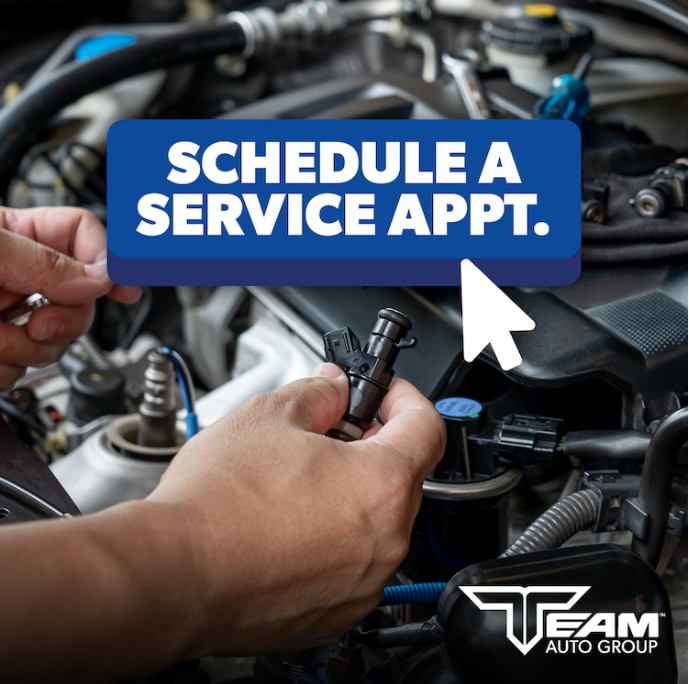

Denison, IA (April 19, 2024) – Maintaining your vehicle is about more than a gleaming exterior and purring engine. It's the heartbeat keeping you connected to the road, the lifeline that ensures your daily routines run smoothly. Yet, in the hustle of everyday life, car maintenance is often neglected. The following article reminds car owners of the benefits that come from routine vehicle maintenance - under the hood and around the tires.
The Logic of Keeping a Well-Maintained Vehicle
Imagine a day as nice as you could ask for, and you start your vehicle. Today, it refuses. Why? It could be the alternator, the battery, or a series of problems that are invisible until they halt your day. This is where routine maintenance comes into play.Good Running Condition
Regular oil changes, timely (and preventive) brake pad replacements, and spark plug swaps are the unsung heroes of automotive care. By adhering to your manufacturer's maintenance schedule, you’re essentially taking steps to prevent the worst from happening. These simple tasks keep essential parts moving without issue and help prevent larger, more expensive issues further down the road. A well-oiled engine is not just a metaphor; it’s a vehicle’s guarantee of longevity.Minimizing Wear and Tear
Each mile down the road is a mile of wear on your car. Yet, this doesn't have to equate to deterioration. Routine check-ups ensure that your vehicle's key components are not operating on the brink of failure. It's the difference between an air filter replaced at 15,000 miles and one that has ridden for twice the distance, clogged with debris and residue buildup over time.- Change It Up: Regular oil changes, tire rotations, and timely belt replacements are not trivial pursuits. They are critical in preventing catastrophic failures that may result from overuse or neglect.
- Steering Clear of Trouble: Wheel alignments and balancing can tackle the unstable wear patterns that develop, leading to irregular tire wear and impaired handling and safety risks.
- Evaluate the Brakes: Winter can be tough on brakes with the cold, abrasive conditions. Have your brake pads, rotors, and calipers checked for wear and tear. Squeaky brakes can be friendly nudges towards their replacement.
- Check the Tires: Winter may call for snow tires and chains, but spring prefers a lighter, less aggressive tread. Examine the condition of your all-season or summer tires including tire pressure and tread depth.
- Washing Your Vehicle: Salt from icy roads seems to seep into every crevice of your car. Regular washes not only keep your vehicle looking sharp but also protect it from the corrosive effects of salt and can prevent rust.
- Inspect Cooling System: Engine overheating is not just an issue of the desert. The summer sun, coupled with the stop-and-go of traffic, can put strains on your engine. Ensure that your cooling system is ready to keep things cool.
- Test the Battery: The summer heat isn't always a battery’s best friend. Take a quick look for signs of corrosion and have a diagnostic test done to avoid any cold-start surprises.